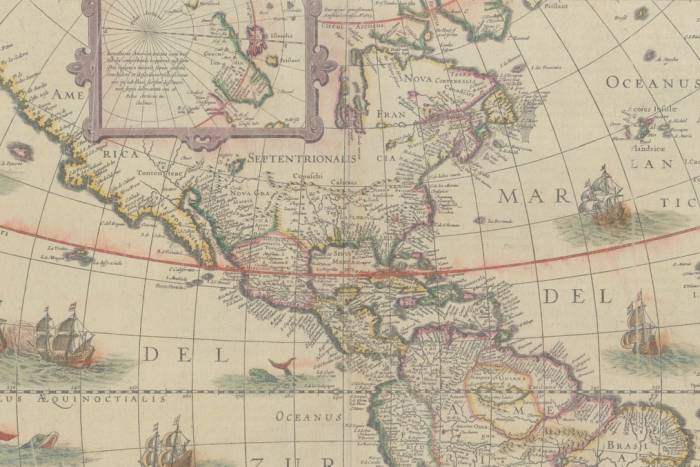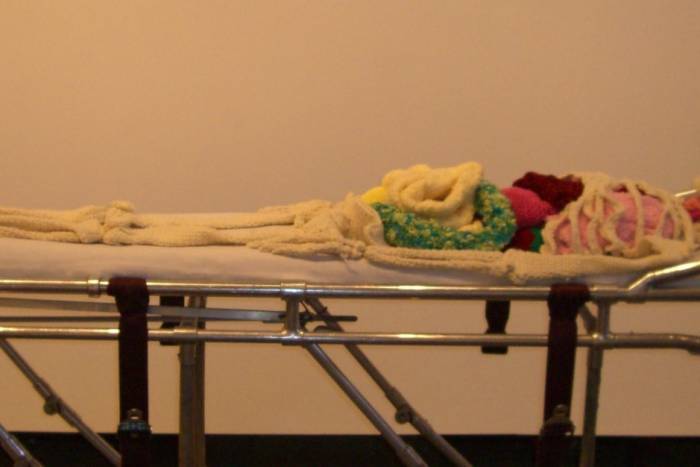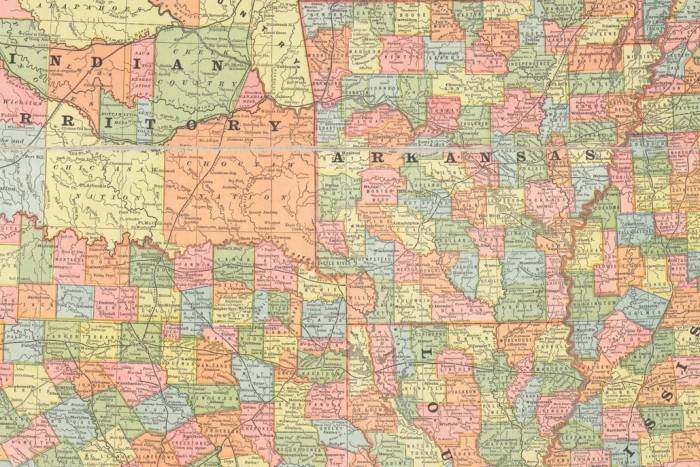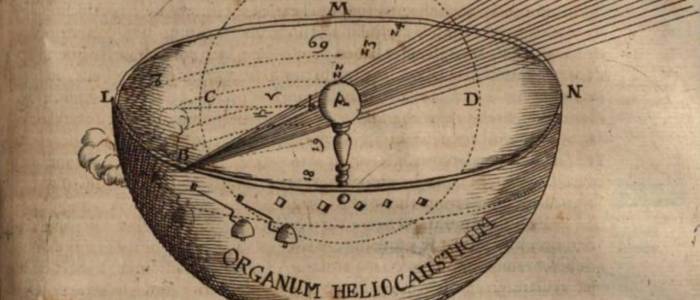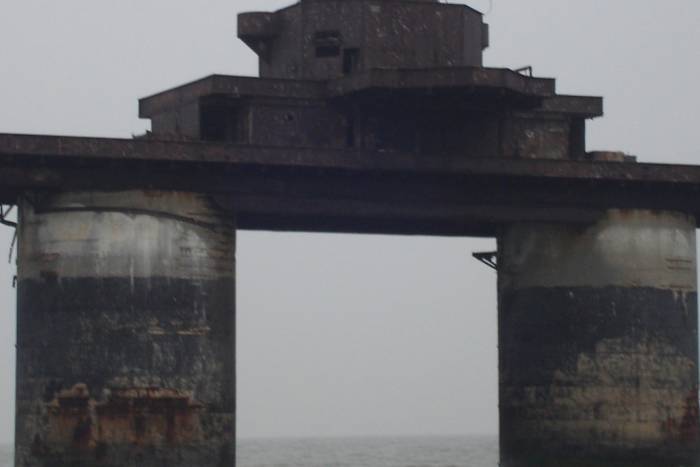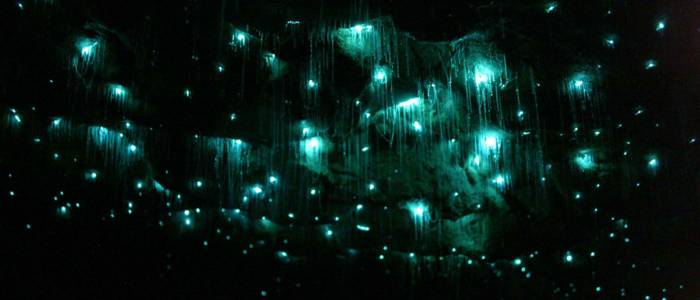Arthur C. Clarke: A Life Outside the Orbit
The famous science fiction writer has a biography too incredible to fit within a single fantastic tale
The name Arthur C. Clarke is well known to any science fiction fan: he proposed the dystopian Utopia through the saga of novels which includes Childhood End, considered to be one of the best within its genre, as well as having famously collaborated with Stanley Kubrick in what is probably his most recognisable work: 2001, Space Odyssey. None the less, his life is plagued by as many adventures, journeys and discoveries that an autobiographic film would be too incredible —that is, too difficult to believe.
Clarke served as an engineering instructor during World War II in the British Army. During his time there he proposed and helped develop a “space lift”, which would eventually be embodied in the concept of geostationary satellites that would allow for the great advances in telecommunications. As recognition of this labour, the geostationary orbit which is 36 thousand kilometres above the equator is recognised by the International Astronomical Union as the “Clarke Orbit”.
After the war he travelled around the United States and Florida, where he used to scuba dive and met Marilyn Mayfield. After two intense weeks of romance they got married, but they never lived together as married couple: she hated the time and rigour with which Clarke wrote both his fictional and aero-spatial work. He moved to Sri Lanka in in 1953 (when the island was still called Ceylon) and where he could devote his entire time to writing and to pursue his other passion: diving.
In 1956, while diving, Clarke and a friend of his discovered the sunken ruins of the temple of Koneswaram, the remainders of an ancient civilisation which probably disappeared due to the forces of nature. During his years as an expert explorer of the deep he found many other marvels, among them a sunken ship. All these experiences served as inspiration for the books: The Reefs of Taprobane, Fountains of Paradise and The Treasure of the Great Reef.
During an interview in 1974, he was asked for his predictions of the life of a child in 2001. He correctly foresaw things that for us are quite normal nowadays:
He will have, in his own house, not a computer as big as this, [points to nearby computer], but at least, a console through which he can talk, through his local computer and get all the information he needs, for his everyday life, like his bank statements, his theatre reservations, all the information you need in the course of living in our complex modern society, this will be in a compact form in his own house … and he will take it as much for granted as we take the telephone.
During the following decades he hosted a series of science fiction television shows. In 1962, he was diagnosed with post-polio syndrome, which meant he had to use a wheelchair for the remainder of his days. From this event he began taking part in fundraising events for charities to raise awareness and prevent poliomyelitis and other diseases.
Due to his “contributions in Sri Lanka”, Clarke was named the commander of the Order of the British Empire in 1989. In the year 2000, the British Crown tried to knight him, but the ceremony was delayed on behalf of Clarke who was caught up in a lawsuit with a British tabloid that accused him of engaging in acts of paedophilia in Sri Lanka. The police of the Asian country were unable to find sufficient evidence, and the tabloid had to apologise. Later, as was due, Clarke was accordingly knighted.
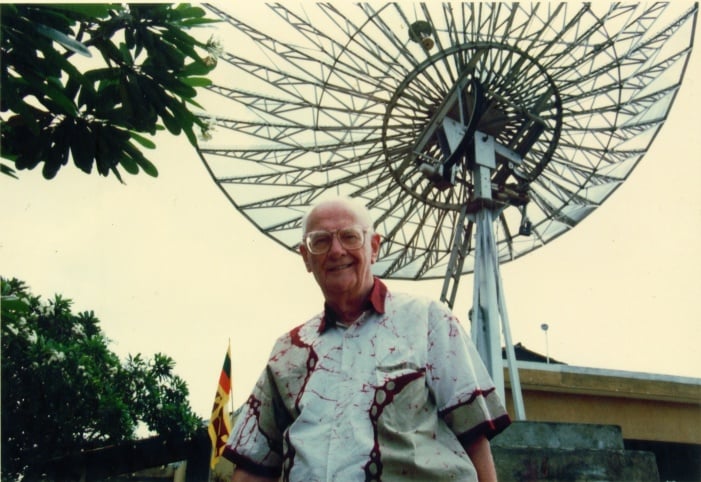
Clarkes fans come from all the scientific and humanistic disciplines, thus his name is part of the history of science, for example the asteroid 4923 Clarke (they were unable to name it 2001 because that was the number of Einstein’s asteroid), as well as a ceratopsian dinosaur discovered in Australia which was named Serendipaceratops arthurcclarkei.
Clarke lived a fairly discrete life in Sri Lanka, where his friends think he retired to hide his homosexuality —an open secret— guessed by his friends like Isaac Asimov, who on an occasion said “Maybe Clarke discovered he simply preferred men”. But his battle was never with fame or the star system, but with the contribution he could generously made through his books, both in fictional and scientific works, for human development.
The writer, scientist and adventurer passed away in 2008 due to respiratory complication and was buried in Colombo, Sri Lanka the land he so adored in a traditional ceremony. His legacy however, lives on in the numerous aero-spatial associations, science fiction awards and charities Clarke helped create, as well as in all his books, where the possible future is still there waiting to inspire us to live it.
Related Articles
When ancient rituals became religion
The emergence of religions irreversibly changed the history of humanity. It’s therefore essential to ask when and how did ancient peoples’ rituals become organized systems of thought, each with their
Seven ancient maps of the Americas
A map is not the territory. —Alfred Korzybski Maps are never merely maps. They’re human projections, metaphors in which we find both the geographical and the imaginary. The cases of ghost islands
An artist crochets a perfect skeleton and internal organs
Shanell Papp is a skilled textile and crochet artist. She spent four long months crocheting a life-size skeleton in wool. She then filled it in with the organs of the human body in an act as patient
A musical tribute to maps
A sequence of sounds, rhythms, melodies and silences: music is a most primitive art, the most essential, and the most powerful of all languages. Its capacity is not limited to the (hardly trivial)
The enchantment of 17th-century optics
The sense of sight is perhaps one the imagination’s most prolific masters. That is why humankind has been fascinated and bewitched by optics and their possibilities for centuries. Like the heart, the
Would you found your own micro-nation? These eccentric examples show how easy it can be
Founding a country is, in some ways, a simple task. It is enough to manifest its existence and the motives for creating a new political entity. At least that is what has been demonstrated by the
Wondrous crossings: the galaxy caves of New Zealand
Often, the most extraordinary phenomena are “jealous of themselves” ––and they happen where the human eye cannot enjoy them. However, they can be discovered, and when we do find them we experience a
Think you have strange reading habits? Wait until you've seen how Mcluhan reads
We often forget or neglect to think about the infinite circumstances that are condensed in the acts that we consider habitual. Using a fork to eat, for example, or walking down the street and being
The sky is calling us, a love letter to the cosmos (video)
We once dreamt of open sails and Open seas We once dreamt of new frontiers and New lands Are we still a brave people? We must not forget that the very stars we see nowadays are the same stars and
The sister you always wanted (but made into a crystal chandelier)
Lucas Maassen always wanted to have a sister. And after 36 years he finally procured one, except, as strange as it may sound, in the shape of a chandelier. Maassen, a Dutch designer, asked the


